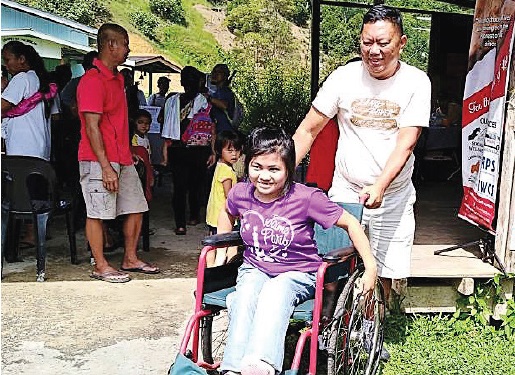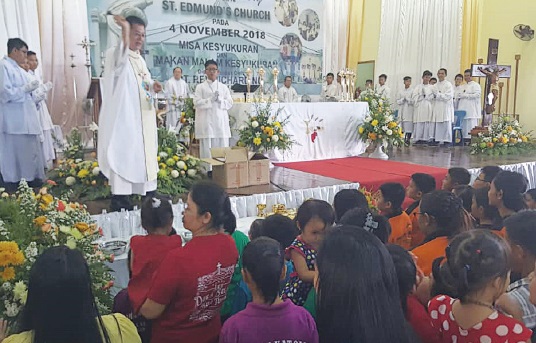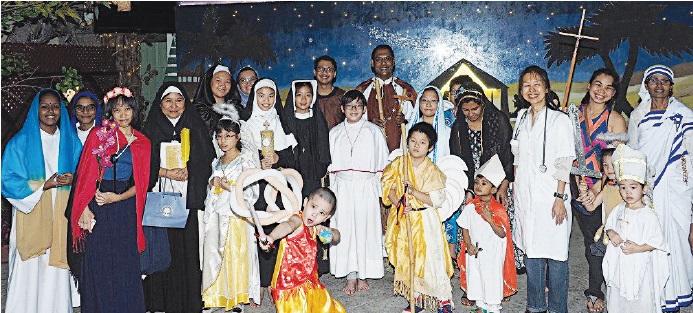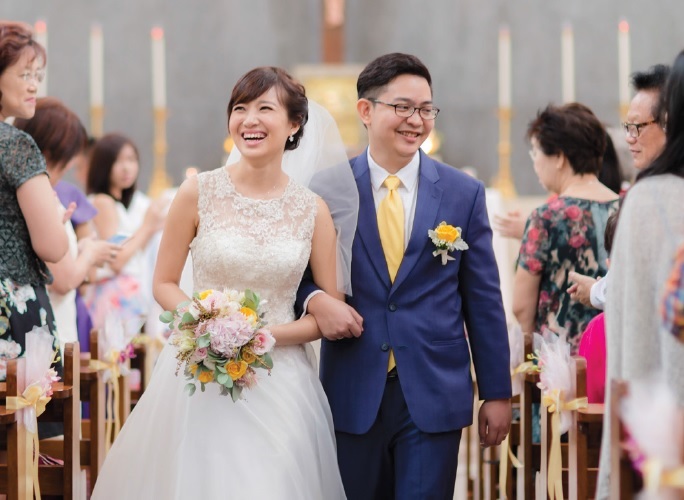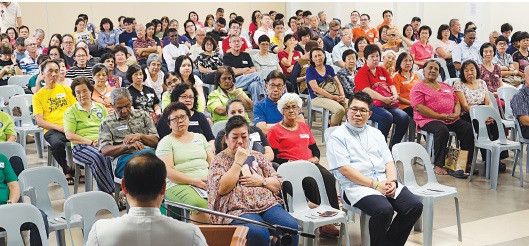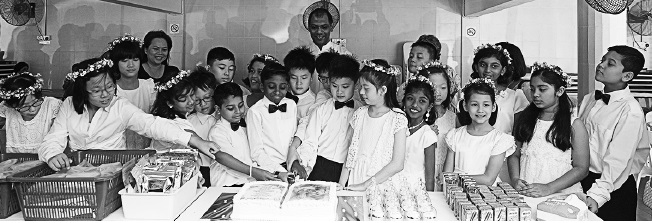It was a seminar that will remain etched in the minds and hearts of the 109 participants who went home feeling very well-informed, inspired and invigorated in their earnest desire to mature in their Catholic faith.
A two-day Basic Christian Maturity Seminar was conducted by Martin Jalleh, whose trademark humour kept everyone awake and attentive to what was presented. This was held at the Church of St Anne.
Jalleh began his introductory session by stressing that the pressing need of the day is maturity, and the problems that we encounter, whether at home, in church or in society, are often related to the lack of maturity (or immaturity).
Quoting from the scriptures, he said God’s ultimate plan for us is that we “…press on to maturity” (Heb 6:1-2) and that we “grow up into Him who is the head, that is, Christ.” (Eph.4.15). He also recalled Jesus’ invitation to Peter to “Put out into the deep.”
He added that the pressing need for spiritual maturity is made evident in the document The Vocation and
Mission of the Lay Faithful (Christifideles Laici), which reduces the lay calling to:
(a) The Call to Holiness
(b) The Call to Community
(c) The Call to Mission and Ministry (d) The Call to Christian Maturity.
Jalleh then touched on the six myths about spiritual maturity. Spiritual growth
(a) is automatic once you are born again
(b) is mystical and maturity is attain- able by only a select few
(c) can occur instantly if you just find the right ‘key’
(d) is measured by what you know
(e) is a personal and private matter
(f) All you need is Bible study to grow.
Jalleh then highlighted 10 profound, practical, personal and powerful ways towards spiritual maturity. He reminded the participants that their spiritual life is an on-going process and not a finished product, that there are no “instants” but constants in spiritual growth.
Sharon Yong, a young mother of one said that what resonated in her was the point that similar to technology, our faith too needs updating from time to time.
“Martin made me realise that community building is very important for personal growth and growth of the Church,’ shared Mrs Tan Lee Huan, a retired teacher.
Many were also inspired by Jalleh’s point that spiritual maturity requires us to change our perceptions of God.
For instance, God is searching for us and not so much about us searching for God, and from a serious and judging God to a humorous God.
Edward Tye best summed up how the majority felt after the seminar: “It was the first time attending Martin Jalleh’s seminar and the impact on my spiritual faith is so great! The seminar is so compact, well planned, practical, full of guidance in deepening and maturing our faith. Martin was so hilarious with his jokes as he brought out his points. He is indeed a gem in our Roman Catholic Church.”
In his conclusion, Jalleh said that to be “Disciples of Hope” one needs to strive towards Christian maturity to be able to offer the hope which the Holy Spirit brings.
The seminar was organised by the English Catholic Charismatic Renewal (CCR) group of the parish. At the encouragement of the assistant parish priest, Msgr Henry Rajoo, shared his belief that all Catholics need to grow in maturity in Christ.
Article reproduced from Herald Malaysia online




